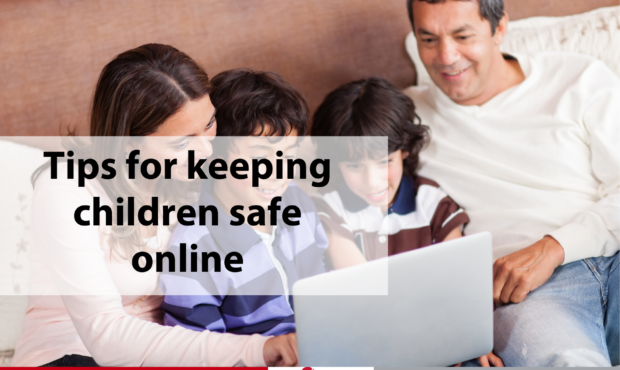Tips for keeping children safe online
Psychologist Emma Kenny’s advice on how to keep children safe online in the digital age.
- Surf together. Seeing where your child spends their time online means you can explore how best to keep them safe, and have more meaningful conversations about their activity. By spending time online together playing games and so forth, you can learn from each other.
- Keep devices out in the open. Instead of letting your kids use the Web in their bedroom, keep devices in communal areas to help you stay on top of any potential issues. Bonus: Kids will self-check because they know you are right there.
- Use safe search technology such as Kaspersky Safe Kids for a sense of ease when you are not around to monitor your child’s Internet use in person.
- Limit online time. Kids need boundaries, so agree the amount of time they can spend online and stick to it. Children need a balance of activities to enjoy a healthy childhood. Most operating systems allow you to set online activity to a timer.
- Block and report. Teach children how to block and report when they see, or experience something problematic online. This helps create good online etiquette and empowers your child to feel in control.
- Share responsibly. Teach your child how to act online as they would offline. If they wouldn’t send, share, or say something in the physical world, then they shouldn’t do it online.
- Chat with your child regularly to discuss their online experiences. That means checking in about their concerns and being open to concerns they bring to you. Create a communication strategy in which they understand they can reach out whenever they have any worries.
- Don’t judge! From time to time kids will get themselves in hot water online and the way you react can have a very big impact. Instead of getting angry, help them to work out what they can do better next time and check in with them to ensure the lesson has been learned.
- Be real with your children about how information you put online can remain there for the rest of their lives. Talk about the consequences of photos being seen by a teacher or grandparent, or when they’re older and working in an important career. Help them frame potential actions as potential consequences.
- Debrief daily! Every day, spend ten minutes before bed discussing your kids’ day — including their online activity. Ask them to discuss a positive and a negative that they encountered online. This normalizes conversation and contributes to a cybersmart approach to safety — and after a short time, it feels less like making a special effort to “check in.”
- Educate yourself! When you understand the cyberworld, you will feel more confident talking to your kids about it. Take the time to read up on emerging trends, games, and channels to understand how they may affect your child’s online activity.
Call us today at 656-8448/8469 for more information.

